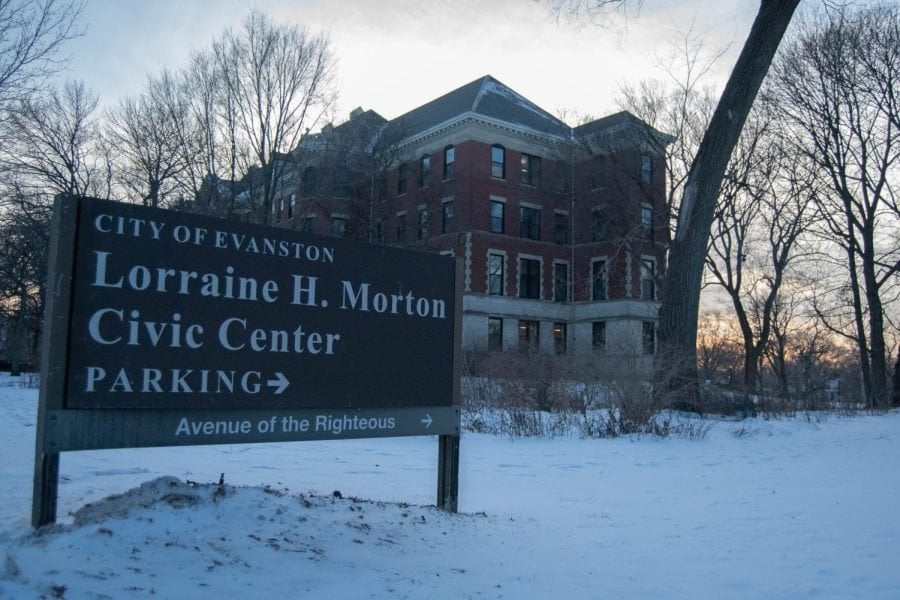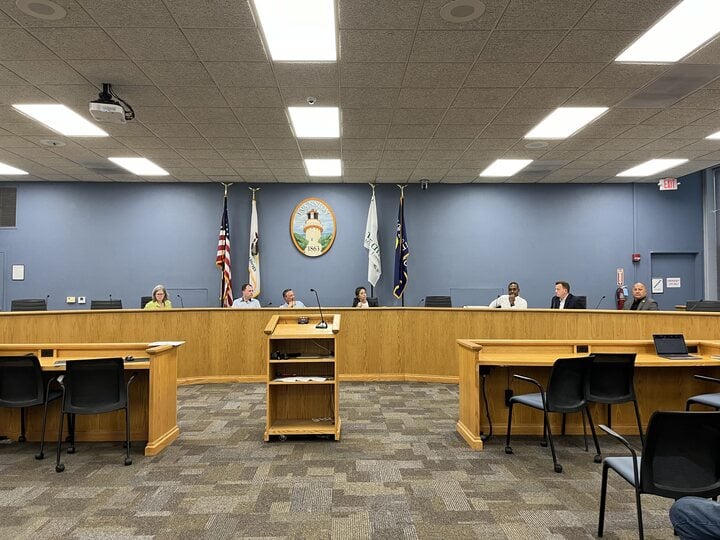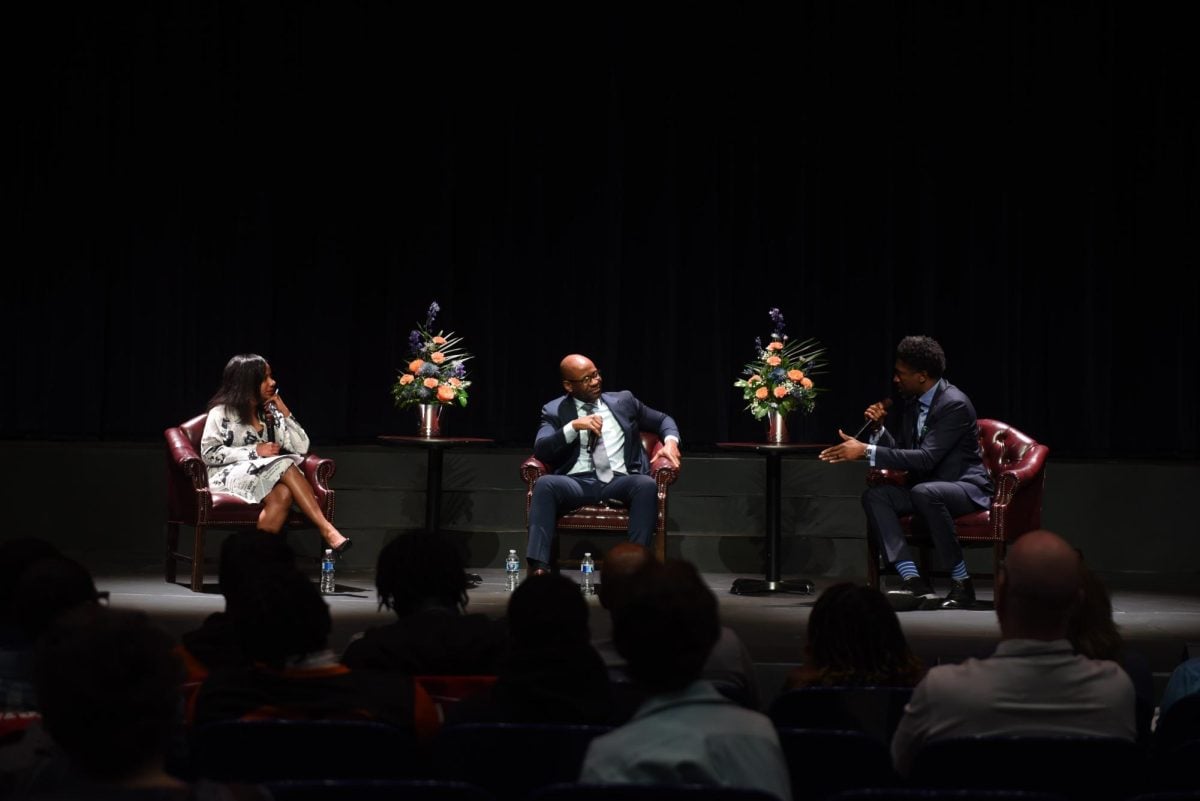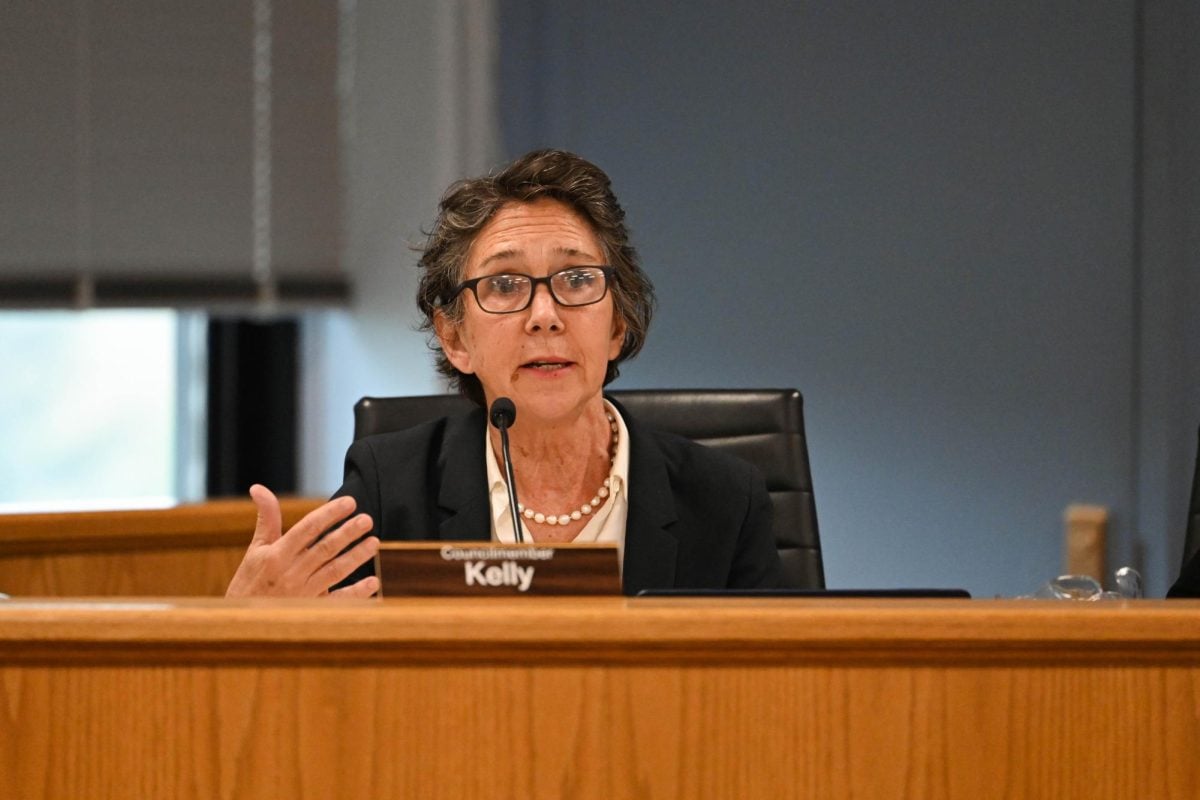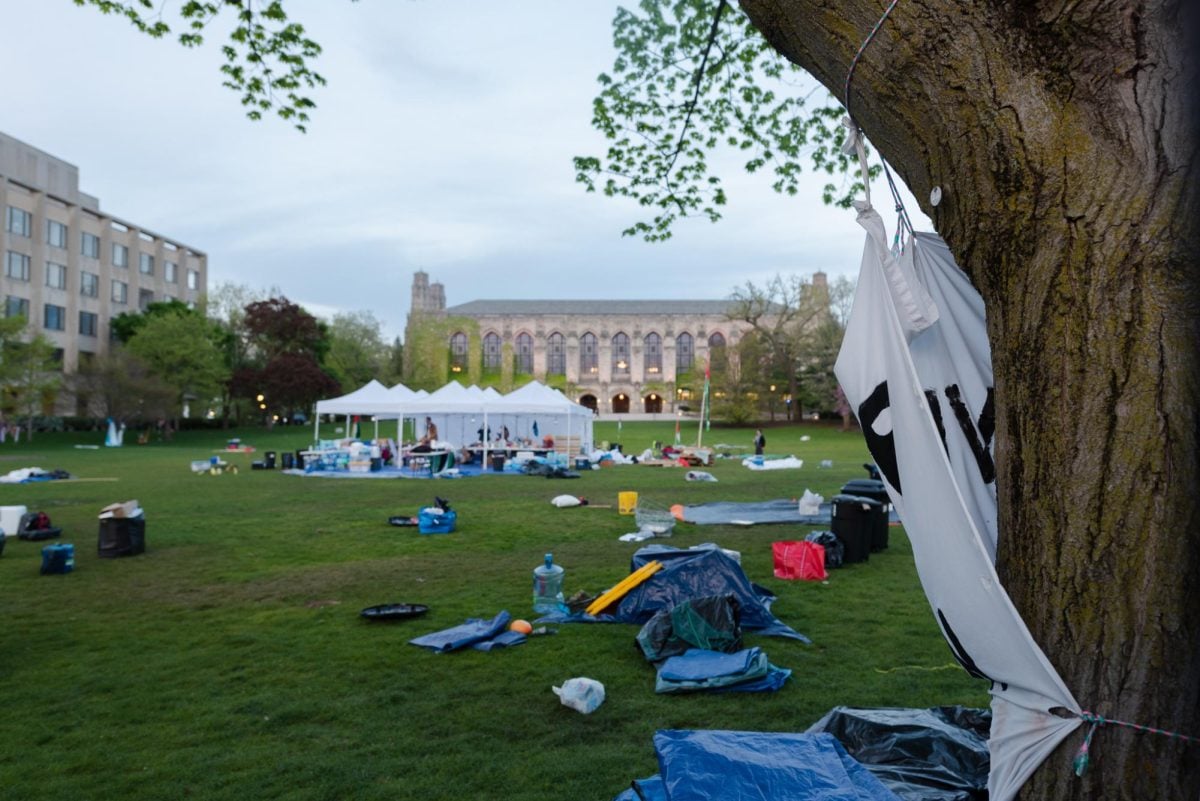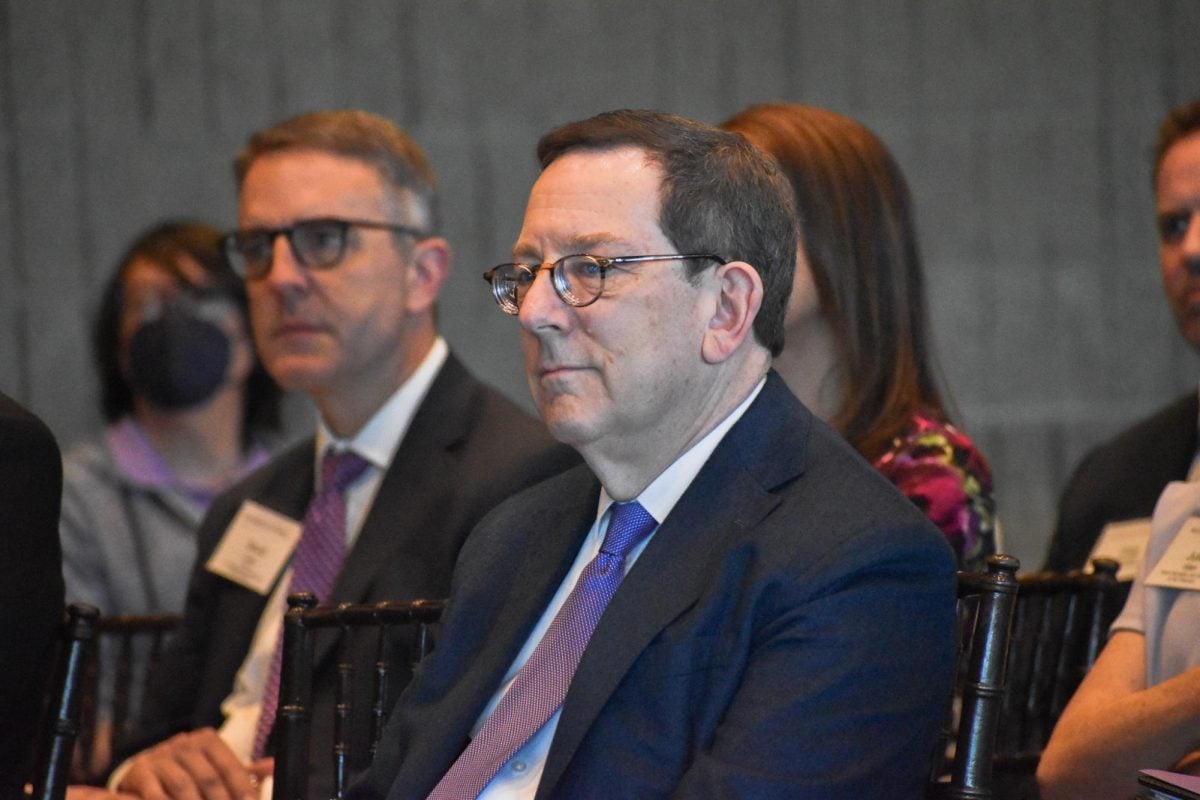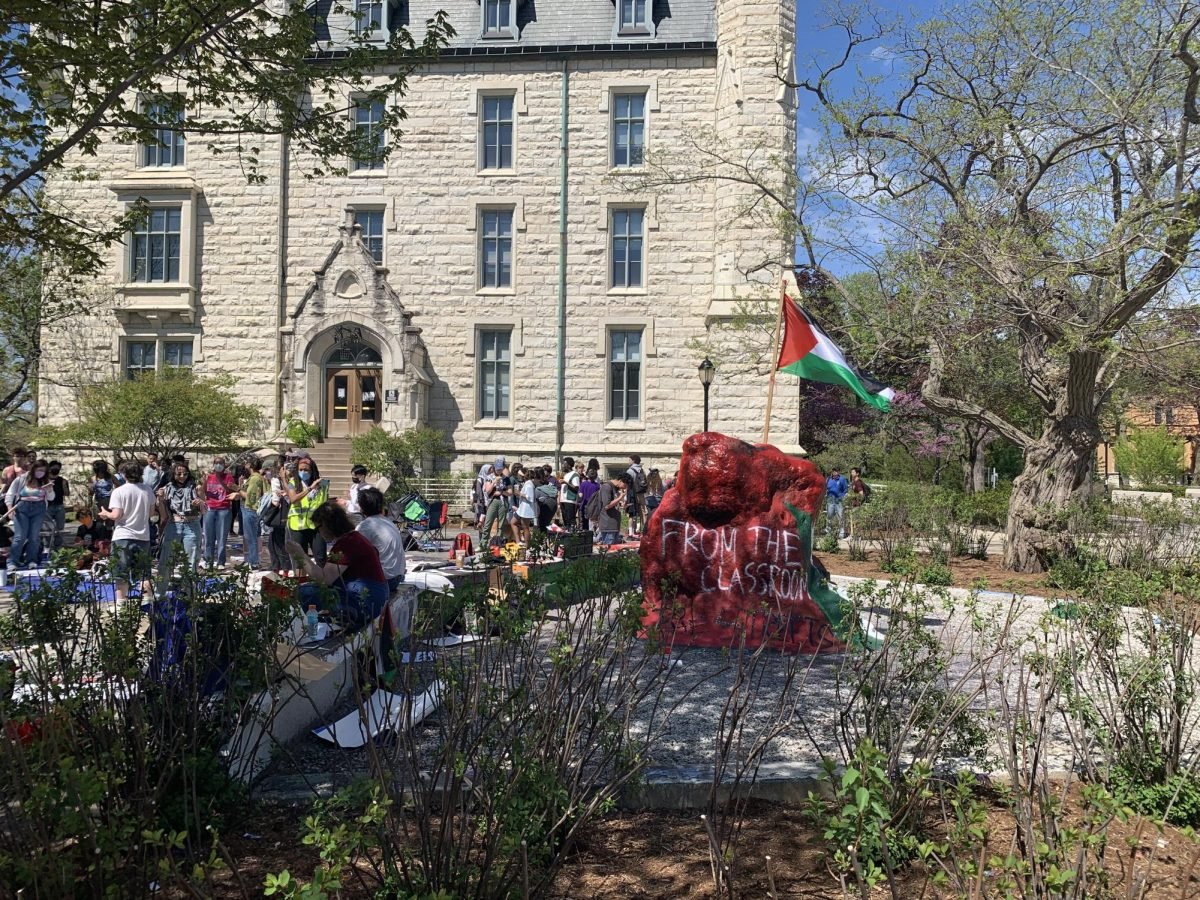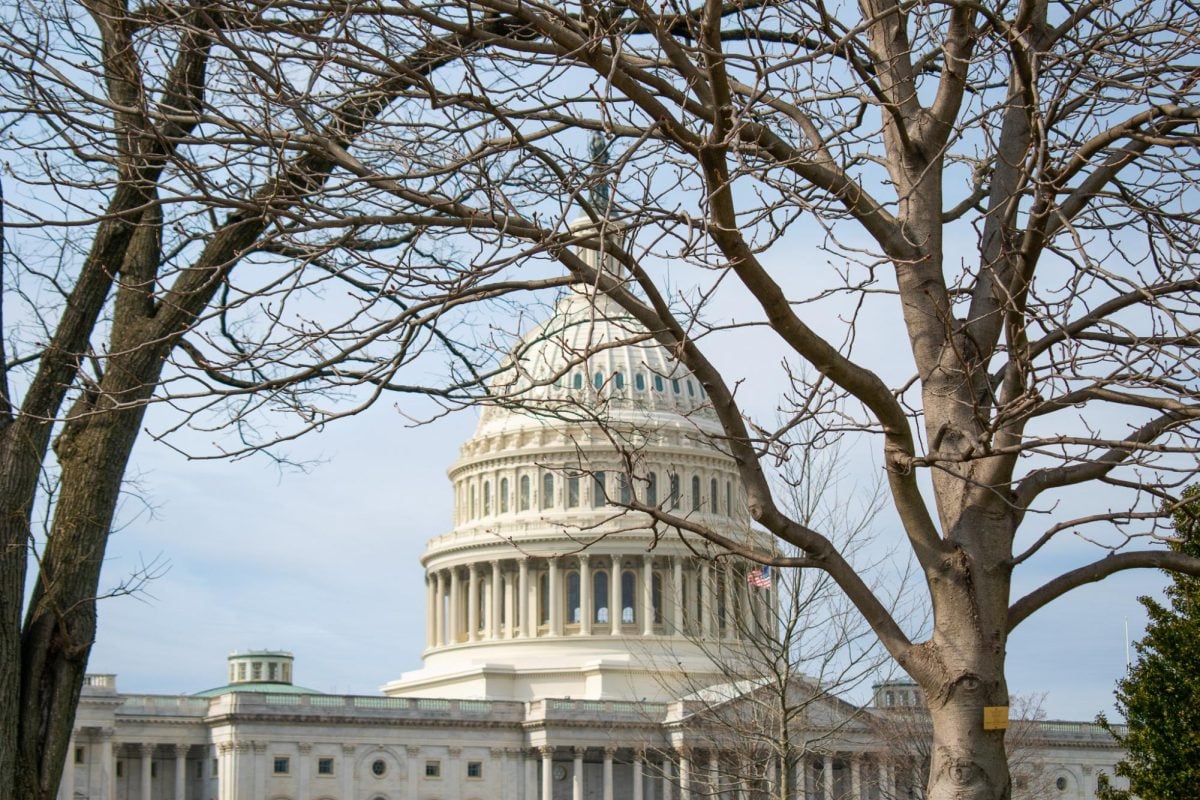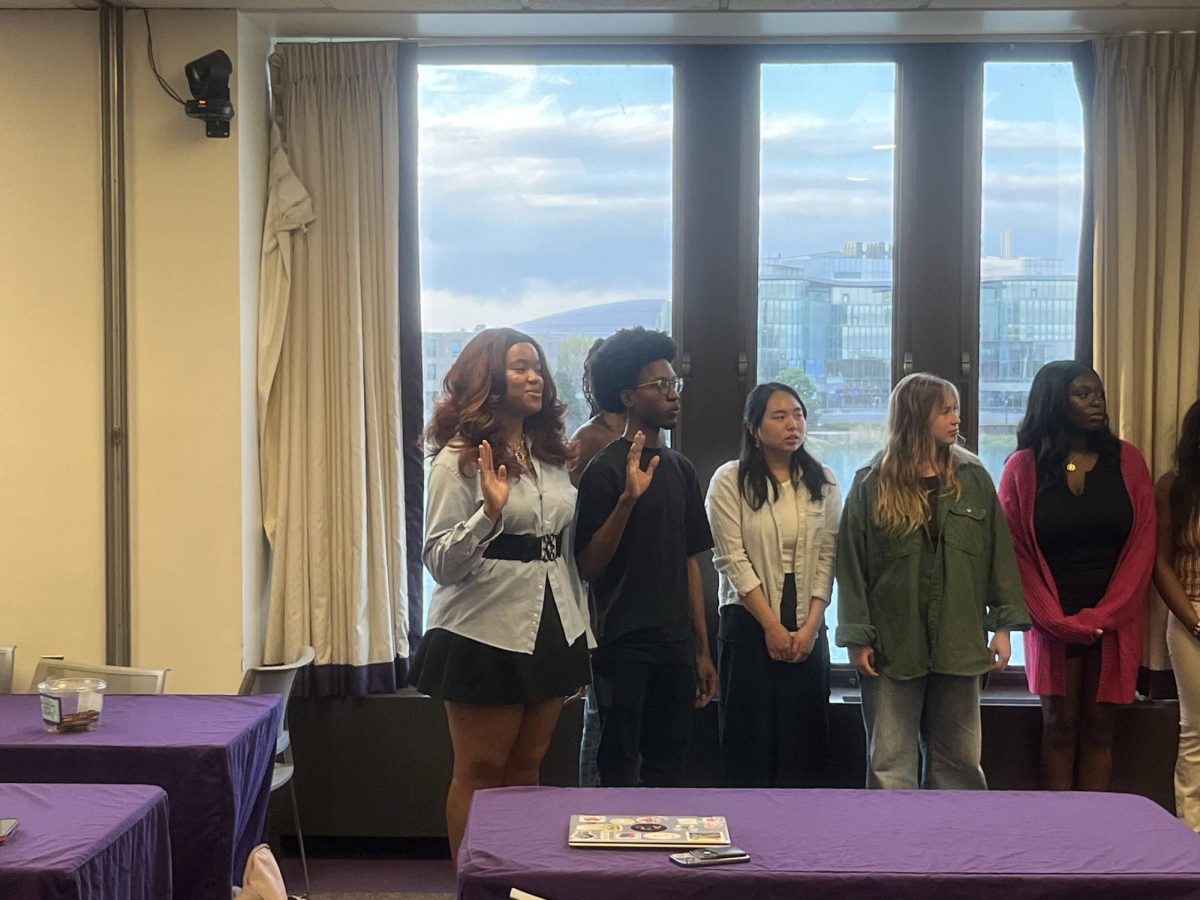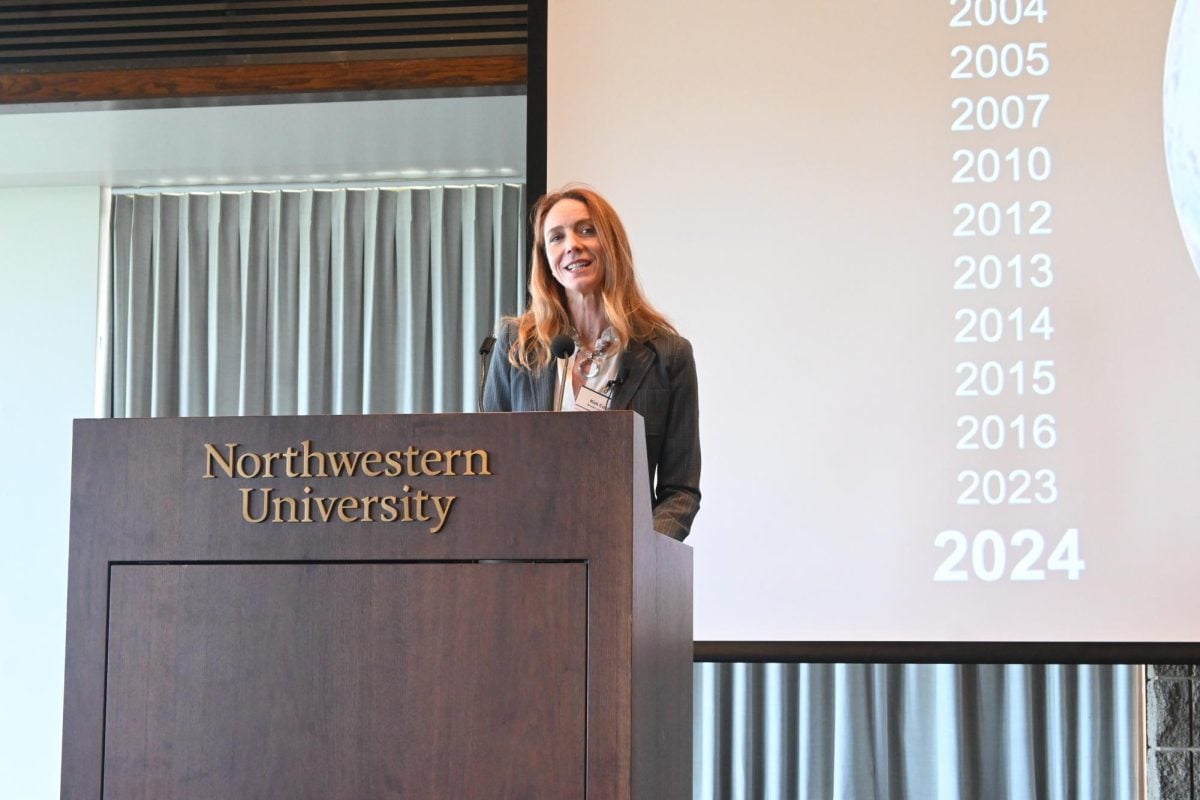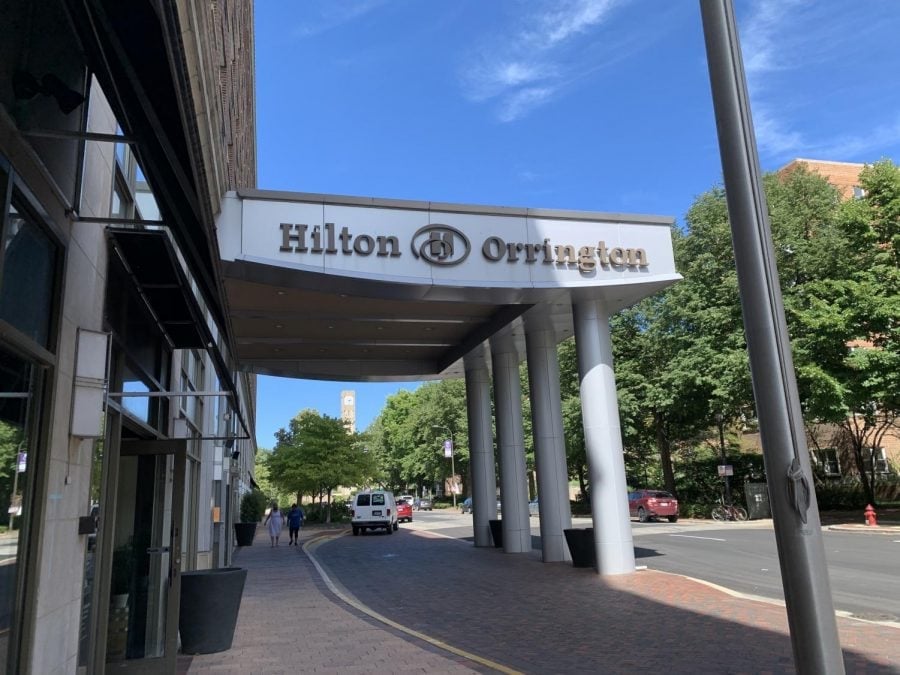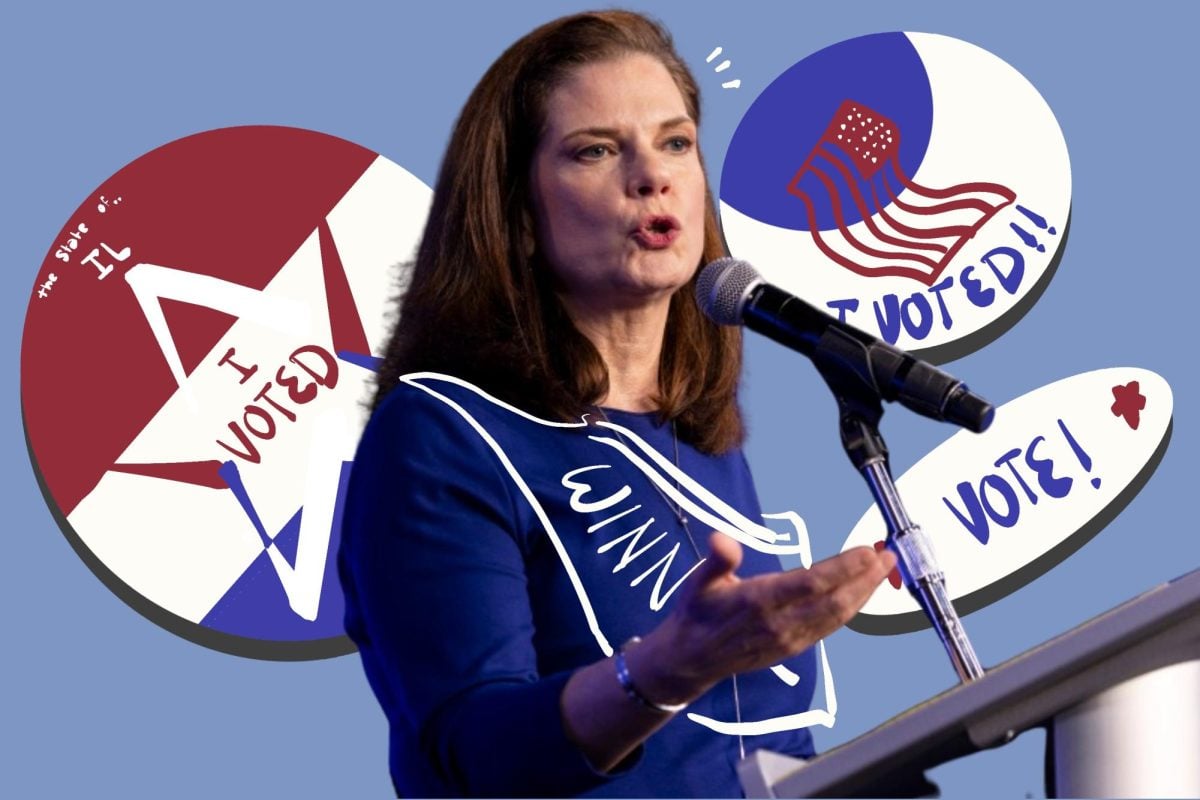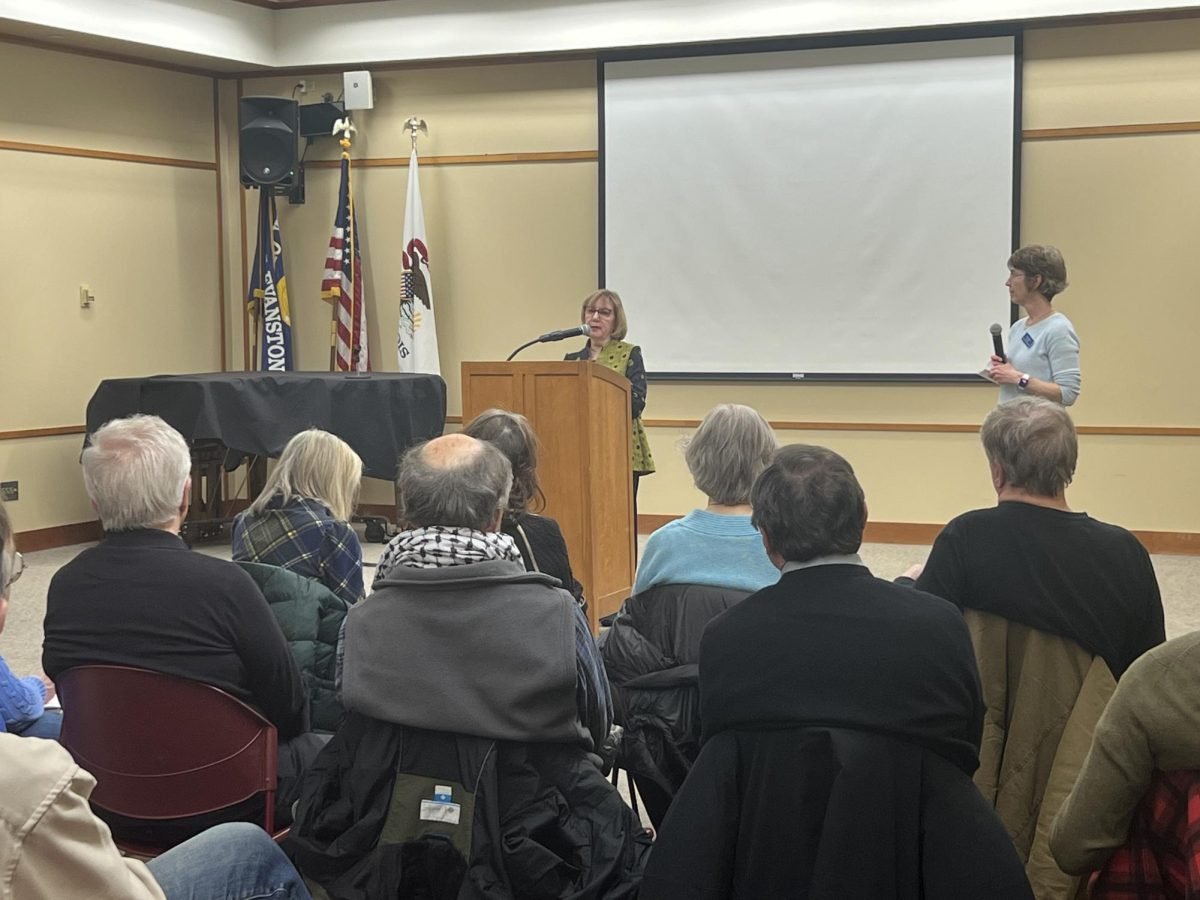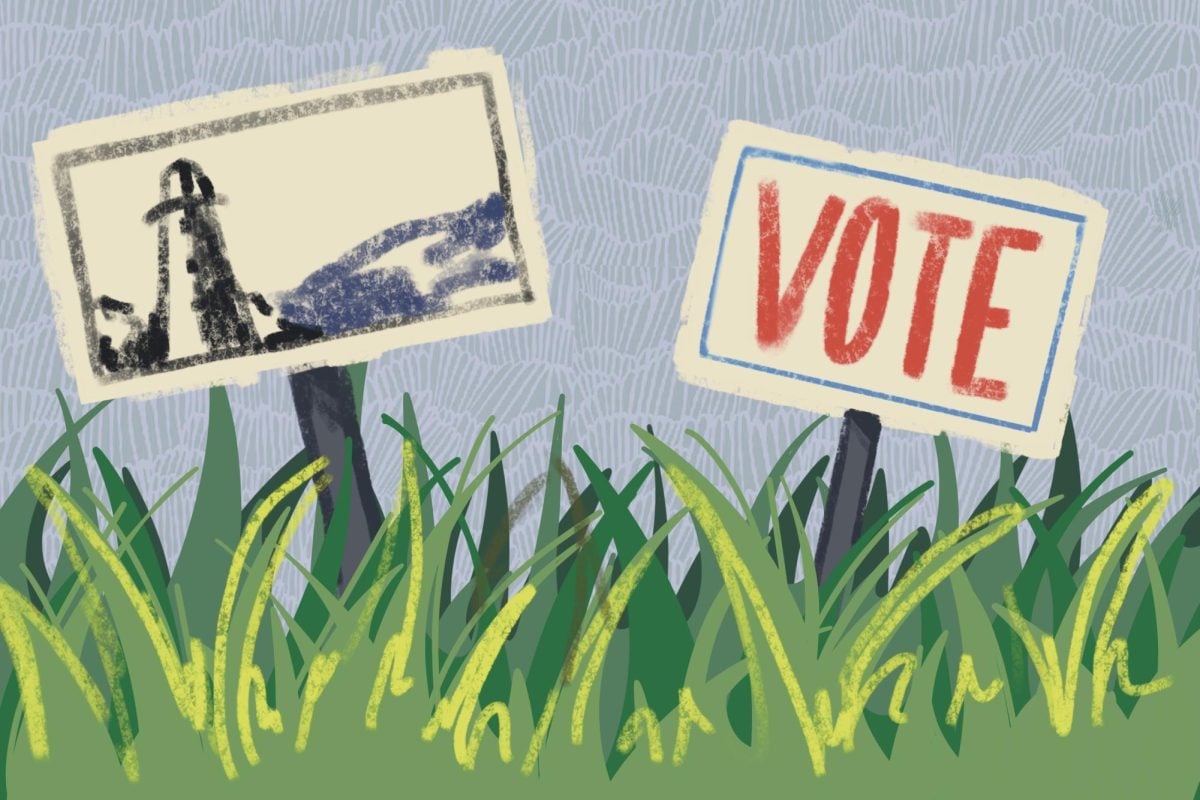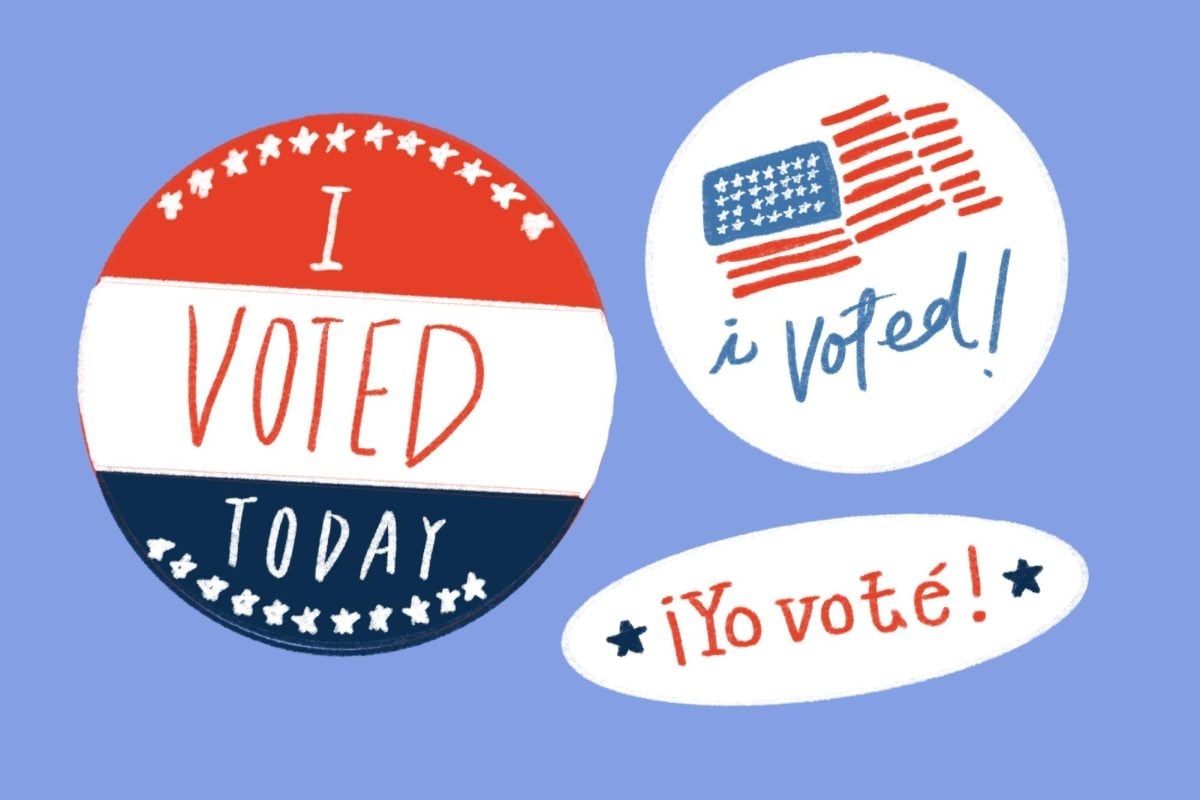After Evanston’s September election on participatory budgeting designated $2,915,000 in funds, the city’s Participatory Budgeting Leadership Committee voted to allocate the remainder of its funding at its Wednesday night meeting.
Through the participatory budgeting process, anyone with a “meaningful connection” to Evanston was able to vote on how the $3 million would be allocated toward several city projects. On Oct. 13, the city announced the seven winning proposals, which each will receive a portion of the funds. Winners included mental health first aid training, affordable housing projects and education grants.
However, $85,000 of the original funds are still available. The committee decided that, if deemed possible by the city, remaining funds will go to the eighth runner-up project of the election. If not, funds will be proportionally allocated to the seven original winners of the election.
Thirty percent of registered voters cast their ballot for the eighth project, a senior transportation assistance proposal.
Committee member Jonathan Gewurz said the proposal aims “to increase the amount of money available to seniors and decrease the amount they need to pay (for transportation).”
Other committee members, however, were in favor of the second option — proportionally distributing the $85,000 between the initial winners.
“We have to pretend this conversation is on a billboard in downtown Evanston,” committee member Jerri Garl said. “The (proportional) increase is fair, it’s transparent, you don’t even have to go through a lot of machinations to say why we’re doing it.”
The committee initially debated a third option for the extra funds — creating a reserve fund — which would have provided flexibility to all winning programs for unanticipated costs.
But, members preferred to make the budgeting process as succinct as possible. Committee member Evangeline Su pointed out that the city is still unsure whether it will allocate funds toward participatory budgeting on the Fiscal Year 2024 budget. So, it decided to finance the eighth project, pending approval from officials.
“If I knew that participatory budgeting was going to go on next year … I think I would be pro reserved funds,” Su said. “But because I don’t know that, I have to take into account the alternatives.”
However, the $85,000 is still not enough to fully finance the senior transportation assistance proposal, which was initially listed on the ballot to cost $225,000. If officials and project leaders decide that allocating the $85,000 toward this proposal isn’t feasible, the committee will pursue the second option — dividing the remainder between the seven winners.
After the vote concluded, the committee analyzed the voter demographics and patterns of September’s election. Over 8,600 registered to vote in this election, and 6,565 votes were cast in total, representing 8.5% of the city’s population.
The committee aims to encourage participation from a higher percentage of Middle Eastern and North African voters, whose voting rate was significantly lower than their 11.8% city make-up.
However, the over 8% turnout was still a positive result, committee members noted.
“That’s 8.4 times what we expected,” Participatory Budgeting Manager Matthew Ouren said, referring to overall voter turnout. “As far as I know, this is the second best voter turnout of any participatory budgeting process in the United States.”
The city will need to determine whether a participatory budgeting election will be held for another cycle, though it remains unclear exactly how and when the city will distribute the funds. The committee will also hold quarterly meetings starting in 2024 to review the implementation progress.
Email: [email protected]
Twitter: @shreyasrin
Related Stories:
— Seven projects will receive funding following Evanston’s participatory budgeting meeting
— Participatory Budgeting Deadline Draws Near
— The Daily Explains: Here’s How to Vote on Participatory Budgeting in Evanston

